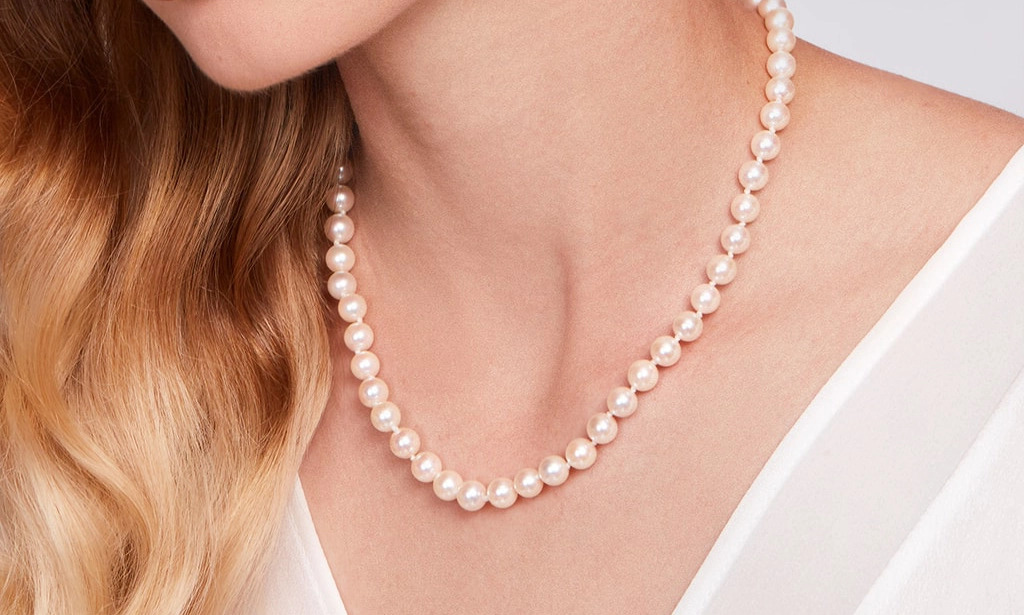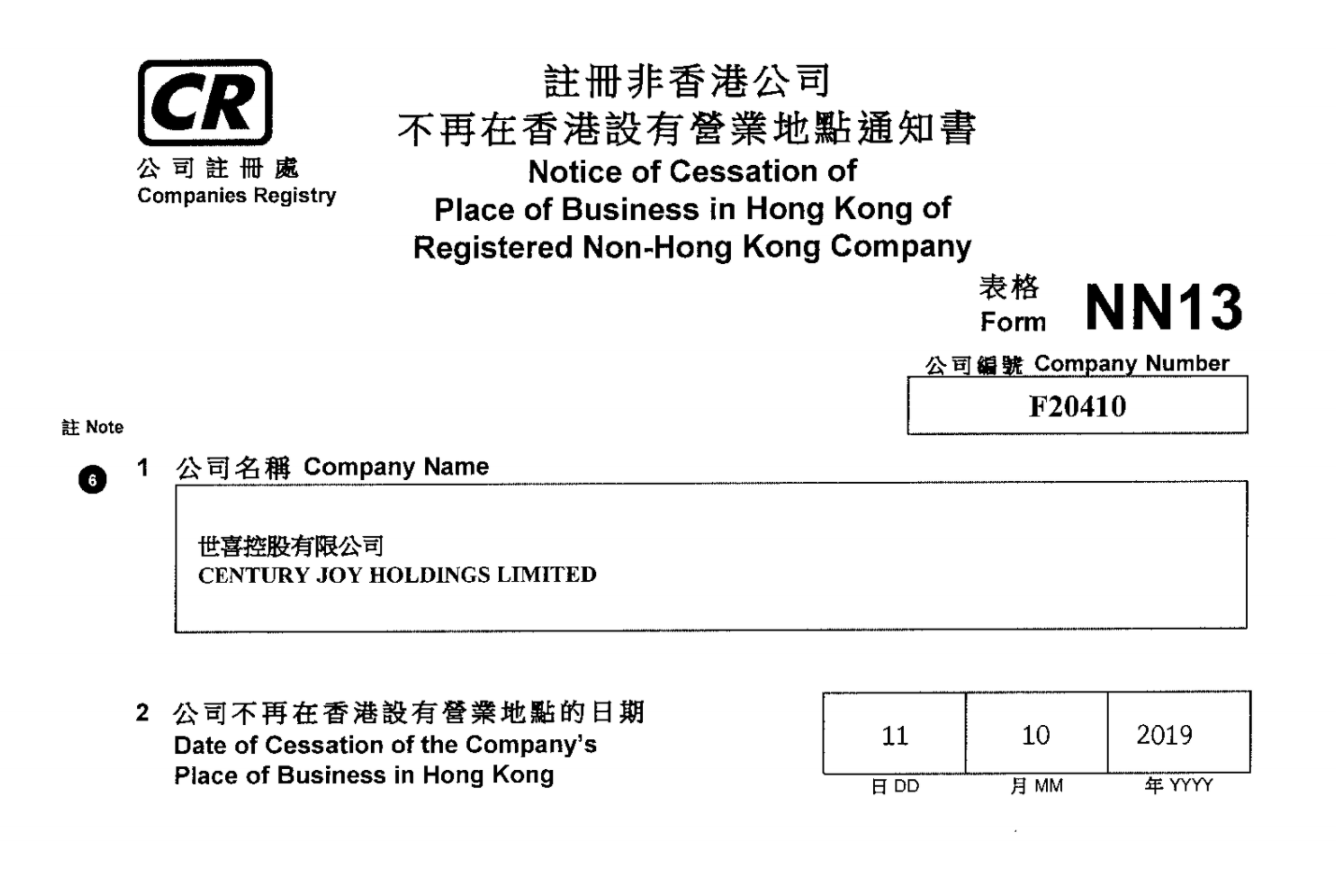Freshwater Pearls vs. Akoya Pearls: The Key Differences You Need to Know

When it comes to pearls, there are many different types to choose from, each with its own unique characteristics and features. Two of the most popular types of pearls are freshwater pearls and Akoya pearls, but how do these two types of pearls compare?
In this blog post, we’ll take a closer look at the key differences between freshwater pearls and Akoya pearls. From their formation process and color to their value and rarity, we’ll cover all the important factors that set these two types of pearls apart.
So if you’re wondering what sets freshwater pearls and Akoya pearls apart and which type is right for you, keep reading. You’ll discover all you need to know about these two popular pearl types and how they differ from one another.
Value and Rarity: Comparing Freshwater and Akoya Pearls
When it comes to the value and rarity of freshwater pearls and Akoya pearls, there are a few key differences to consider.
First and foremost, the value of a pearl is typically determined by its size, shape, color, and overall quality. In general, Akoya pearls are known for their high quality and lustrous appearance, which can increase their value compared to freshwater pearls. However, the size and shape of a pearl can also affect its value, with larger and more symmetrical pearls typically being more valuable.
In terms of rarity, Akoya pearls are generally considered rare than freshwater pearls. This is because Akoya pearls are produced by a specific type of mollusk that is native to the coastal waters of Japan, China, and Korea, while freshwater pearls can be found in many different parts of the world. As a result, Akoya pearls may be more valuable due to their rarity.
Care and Maintenance
- Store your pearls separately from other jewelry to prevent them from getting scratched or damaged.
- Clean your pearls regularly with a soft, damp cloth to remove dirt and oils.
- Avoid exposing your pearls to harsh chemicals, perfumes, and cosmetics, as these can damage the pearl’s surface.
- Avoid wearing your pearls while participating in activities that may cause them to get scratched or damaged, such as sports or heavy lifting.
- If your pearls become heavily soiled, you can gently clean them with a mild soap and water solution.
- Have your pearls professionally restrung every few years to ensure that they are secure and to prevent wear and tear on the pearl’s surface?
- Keep your pearls out of direct sunlight, as excessive heat and light can fade the pearl’s color over time.
- When not in use, store your pearls in a soft, lined jewelry box or pouch to keep them safe and protected.
Color and Quality
Freshwater pearls are known for their wide range of colors, including white, cream, pink, peach, lavender, and more. These pearls are created by freshwater mussels, which can produce pearls in a variety of shades.
Akoya pearls, on the other hand, are known for their high quality and lustrous appearance. These pearls are typically found in shades of white, cream, and pink, and are prized for their exceptional luster and shine.
In terms of quality, Akoya pearls are generally considered to be of higher quality than freshwater pearls. This is due in part to the fact that Akoya pearls is produced by a specific type of mollusk that is native to the coastal waters of Japan, China, and Korea, while freshwater pearls can be found in many different parts of the world. As a result, Akoya pearls may be more lustrous and have a higher quality appearance than freshwater pearls.
Wrap up
In conclusion, there are several key differences between freshwater pearls and Akoya pearls that are important to consider when making a purchase. From their formation process and color to their value and rarity, it’s important to understand the unique characteristics of each type of pearl to make an informed decision.
Want to invest in pearls? To explore a wide range of pearl jewelry options, be sure to visit Srikrishnapearls.com.





